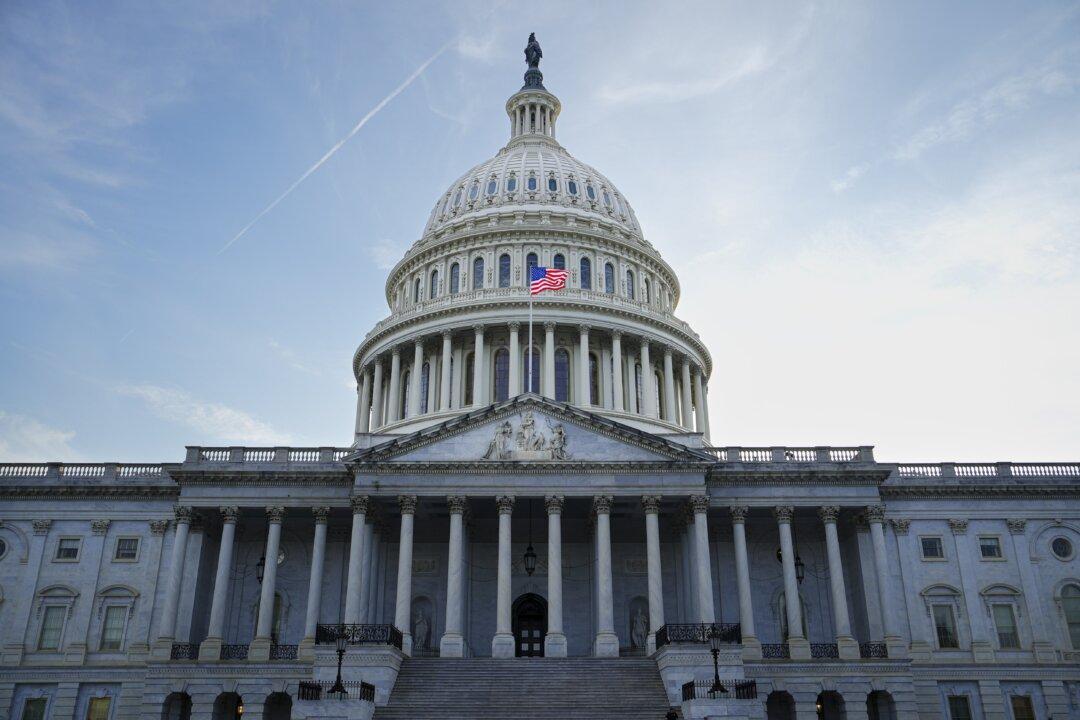A 2002 federal election law and the agency it created may have played a role in turning out votes for Joe Biden in the 2020 election, according to House Republicans.
The stated mission of the two taxpayer-funded federal initiatives—the Help America Vote Act (HAVA) and the Election Assistance Commission (EAC)—is to improve voting.





